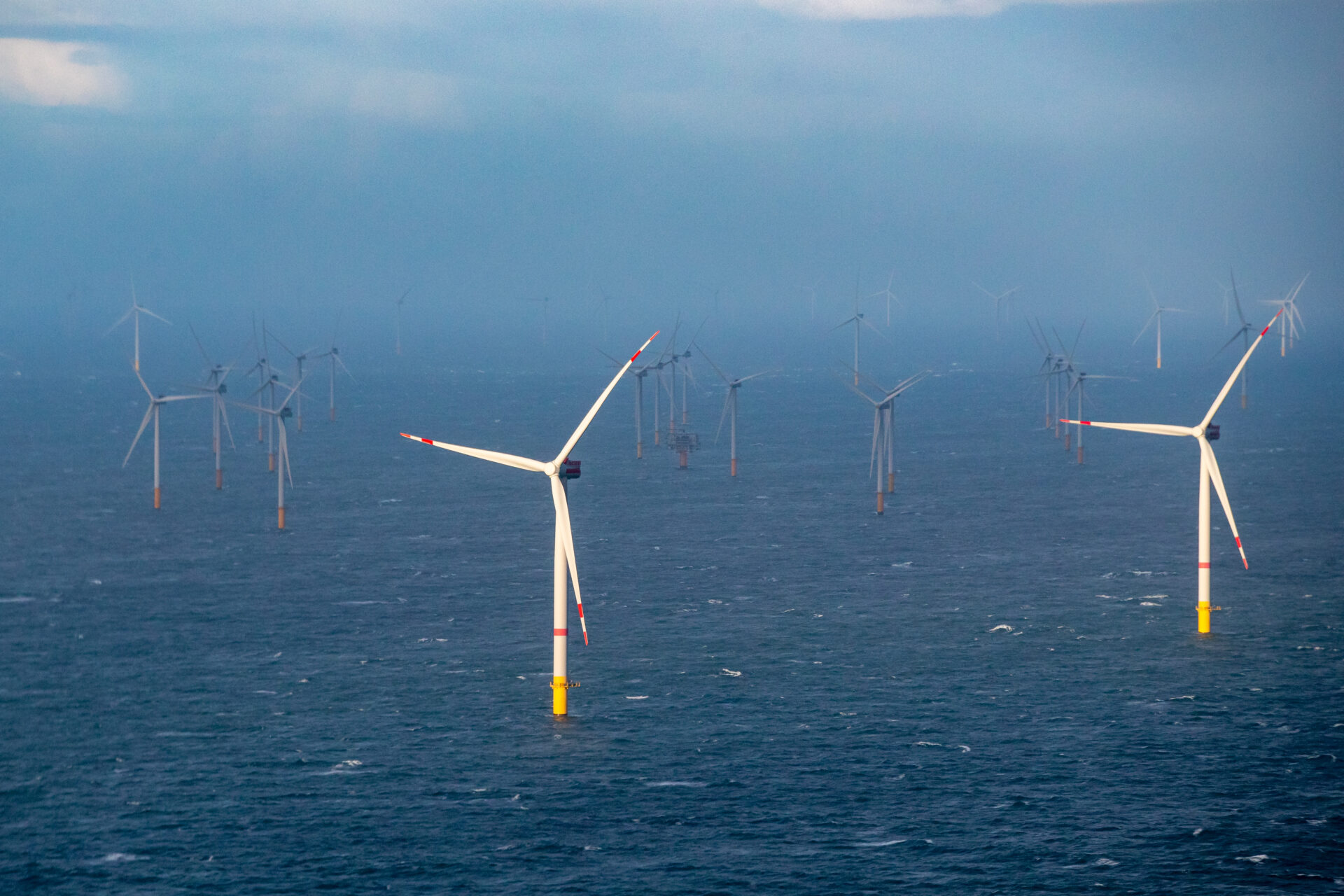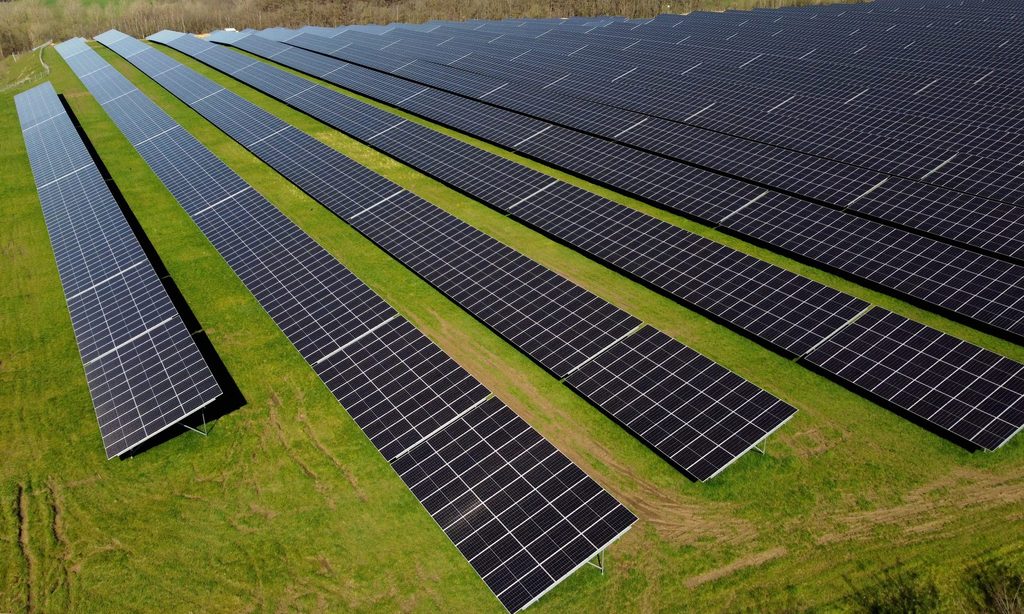Belgium must invest a total of €415 billion to reach its carbon neutrality targets by 2050, according to a new report published by consulting firm McKinsey, communicated by L'Écho.
The report concludes that Belgium does not need to trade carbon neutrality for lower growth forecasts. It identifies several major opportunities for Belgium emerging from the net-zero transition, including five fields in which Belgium could become an international leader.
The €415 billion in cumulative investment, between now and 2050, would equate to spending equivalent to roughly 2-3% of Belgium's GDP each year. For reference, military spending accounts for roughly 1.08% of GDP in 2021. The government plans to raise this to 2% in the coming years, roughly equivalent to the spend needed to hit neutrality goals.

Credit: Belga / Kurt Desplenter
McKinsey says that certain fields will require massive investment over the next few years. The construction sector, notably for residential properties, would account for around €200 billion of this bill. Aligning sectors to meet Europe's 'Fit for 55' objectives by 2030 will cost another €165 billion.
Belgian industrial concerns would need to make investments estimated between €30-45 billion. A report published by Belgian industrial federation Agora in 2022 revealed that increased digitalisation in the industrial sector could help contribute to up to a 10% drop in CO2 emissions.
Under the Paris Climate Agreement, Belgium has pledged to reach its net-zero emissions targets by 2050. However, the country is currently far from achieving its goals, notably due to its high population density, making it the seventh most CO2 emitting country per inhabitant in the EU.
New opportunities
To hit this 2050 target and preserve economic growth, McKinsey says that "bold and coordinated" action must be taken. Despite this, the consultancy company is confident of "green growth opportunities" as a result of the transition, notably in hydrogen, recycled plastics, 'green' steel and synthetic fuels. All these technologies will require infrastructure.
Belgium could position itself as such a hub, "given its geographical location at the heart of Europe, its seaports and its industrial structure, including a solid petrochemical cluster in Antwerp." Belgium could attract a market estimated at €4 billion per year for the storage and transport of 30% of the EU's hydrogen and green fuels.
Belgium already benefits significantly from renewable energy and clean manufacturing. Offshore wind energy will benefit from a growing need for equipment and engineering services, which will represent a total market of €1.1 trillion per year by 2040, the report estimates. Belgium could carve out a €4 billion section of this global market, with appropriate investments.
Related News
- NextGenerationEU: So far so good in the recovery plan for Europe
- COP27: Leading by example - Belgium joins carbon-neutral initiative
- Fixing Belgium’s energy conundrum
Belgium can also expand on its position as a major player in the recycling sector, as it currently accounts for 40% of battery recycling and 20% of copper and stainless steel recycling in Europe, the report notes. By maintaining its market share, Belgium could reach a potential annual revenue of between €1-2 billion by 2040 – twice the size of the current market.
The report also notes that it must expand its commitments in the building sector and strengthen its position in the agricultural sector, particularly regarding meat alternatives.
McKinsey defines five major challenges to Belgium meeting its objectives. The challenges include protecting the competitiveness of Belgian industry (which struggles against its neighbours currently); defining Belgium's long-term electricity mix to meet demands for electrification; financing affordable housing; accelerating infrastructure for hydrogen and accelerating changes across the economy to meet 2030 emission reduction targets.

